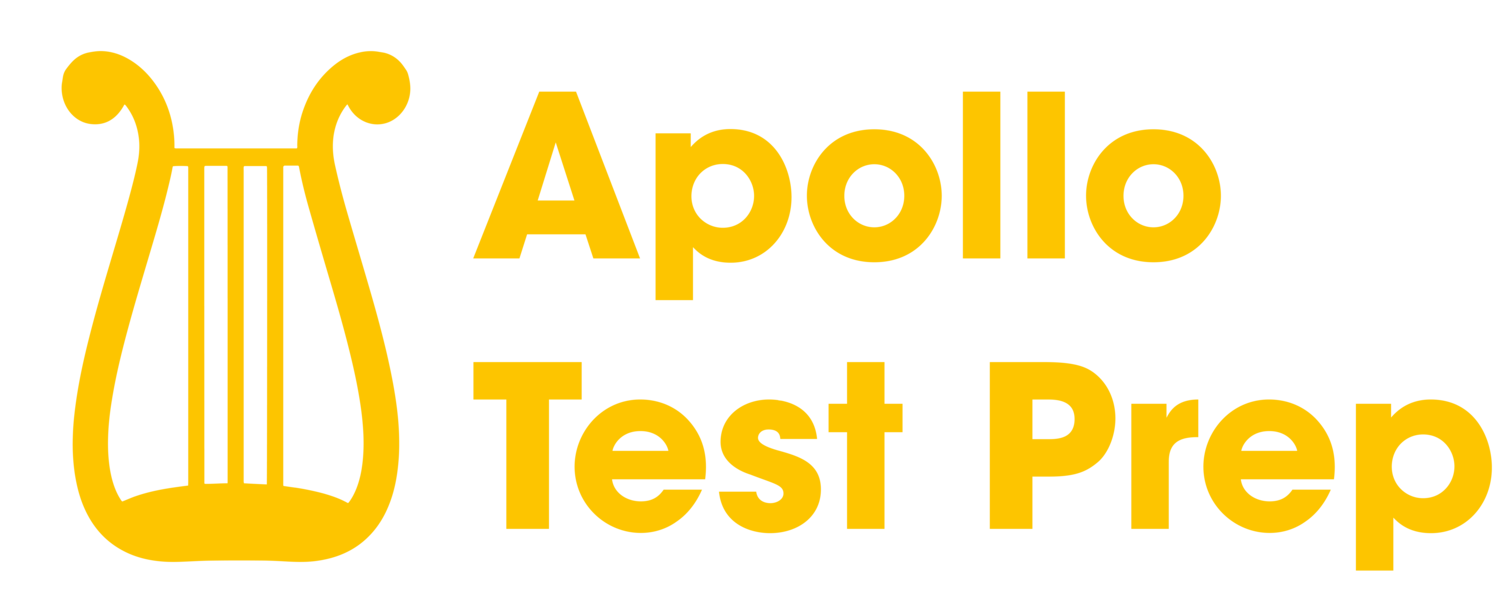LSAT Explanation PT 25, S4, Q8: Knowledge of an ancient language is
LSAT Question Stem
The argument is vulnerable to criticism on which one of the following grounds?
Logical Reasoning Question Type
This is a Flaw question.
Correct Answer
The correct answer to this question is A.
LSAT Question Complete Explanation
Let's first analyze the argument in the passage and identify its structure. The argument is as follows:
Premise 1: Knowledge of an ancient language is essential for reading original ancient documents.
Premise 2: Most ancient historical documents have been translated into modern languages, so scholars of ancient history can read them for their research without learning ancient languages.
Conclusion: Aspirants to careers as ancient-history scholars no longer need to take the time to learn ancient languages.
Now, let's create an "Evaluate" question for this argument: "Are there any other reasons that ancient-history scholars might need to learn ancient languages besides reading original ancient documents?"
The question type of this problem is Flaw, and we are asked to identify the vulnerability in the argument.
Let's discuss each answer choice:
a) It concludes that something is never necessary on the grounds that it is not always necessary.
This answer choice is correct. The argument states that because most ancient historical documents have been translated, scholars no longer need to learn ancient languages. However, this conclusion is based on the assumption that the only reason scholars would need to learn ancient languages is to read original ancient documents. The argument doesn't consider other possible reasons that scholars might need to learn ancient languages.
b) A statement of fact is treated as if it were merely a statement of opinion.
This answer choice is incorrect because there is no statement of fact in the passage that is treated as a statement of opinion. All the statements are presented as facts, and the conclusion is drawn based on those facts.
c) The conclusion is no more than a restatement of the evidence provided as support of that conclusion.
This answer choice is incorrect because the conclusion is not a restatement of the evidence. The conclusion states that scholars no longer need to learn ancient languages, while the evidence provided is that most ancient documents have been translated into modern languages.
d) The judgment of experts is applied to a matter in which their expertise is irrelevant.
This answer choice is incorrect because there is no mention of experts or their judgment in the passage. The argument is based on the facts about ancient documents and their translations, not on the opinions of experts.
e) Some of the evidence presented in support of the conclusion is inconsistent with other evidence provided.
This answer choice is incorrect because there is no inconsistency in the evidence provided. The two premises support the conclusion, but the argument is flawed because it assumes that the only reason scholars would need to learn ancient languages is to read original ancient documents.
In conclusion, the correct answer is A, as the argument is vulnerable to criticism on the grounds that it concludes that something is never necessary on the grounds that it is not always necessary.
